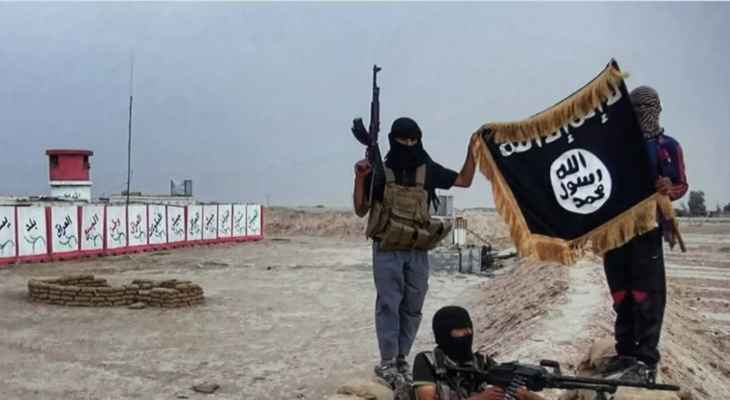ISIS is trying to infiltrate the world of digital assets, or so-called “non-fungible tokens”, in an attempt to find a new space to spread their propaganda and find a source of funding, according to the American Wall Street. Magazine.
The newspaper drew attention to a recently-surfaced digital card praising the organization’s fighters for attacking Taliban positions in Afghanistan last month. He cited former high-ranking US intelligence officials who said the card represented the “first time” that an organization has used non-fungible tokens, or what is known as “NFTs.”
Former U.S. officials noted that the digital map is “the first sign that ISIS and other groups are preparing to use new financial technologies to evade Western efforts to curb online fundraising and messaging,” the paper said.
The card was featured on at least one NFT trading website and featured the ISIS logo. Former U.S. officials say it was created by a supporter of the group, “most likely as an experiment to test a new form of communication and a new funding strategy.”
According to the Wall Street Journal, U.S. regulators and national security officials have raised concerns that elements of these organizations may “exploit such new technologies and financial markets, including technology (NFTs)”.
NFTs first appeared as a way to trade digital assets, but the developers say they have much wider uses, such as buying digital concert tickets or other collectibles like digital trading cards.
The newspaper notes that by the end of 2017, ISIS had lost almost all of its territory in Iraq and Syria.
These losses have cut off the group’s main source of funding. Western authorities have paralyzed its other financial channels, including shutting down fundraising and advertising sites, and social media platforms have become more responsive to calls from lawmakers to censor posts deemed to violate their code. lead.
Western officials are concerned that the group’s remnants, both online and on the ground, could fuel its resurgence, as the United States withdrawal from Afghanistan last year provided the group with an opportunity to return, seizing territory now controlled by their enemy: the Taliban.
The newspaper quoted Mario Cosby, a former federal intelligence analyst specializing in blockchain currencies, as saying that this particular user on the same day, August 26, created two digital maps that displayed some of the organization’s features.
One photo showed a man in a white coat and gas mask surrounded by cups and guns as an ISIS operative taught trainees how to make explosives, according to the caption on the card, while another card condemned cigarette smoking and recommended the use of toothpicks. or a toothbrush.
In addition to being flexible, NFT cards “could offer ISIS operatives, arms dealers, corrupt governments, drug gangs, etc. a way to raise money and sell contraband,” according to former U.S. officials who spoke to the newspaper.
Transactions in the NFT markets can also be kept private and anonymous, making them difficult for authorities to breach.
Analysts who handled the map say the experiment could be an attempt by an ISIS supporter to test whether authorities can be bypassed and whether NFT Markets will remove content or limit its display.
The analysts added that while the cards are not currently offered for sale on the NFT market under the name “Rarible” or any other platforms, the groups clearly can fund their operations by selling such cards in digital currencies.
Source: El Nashra
